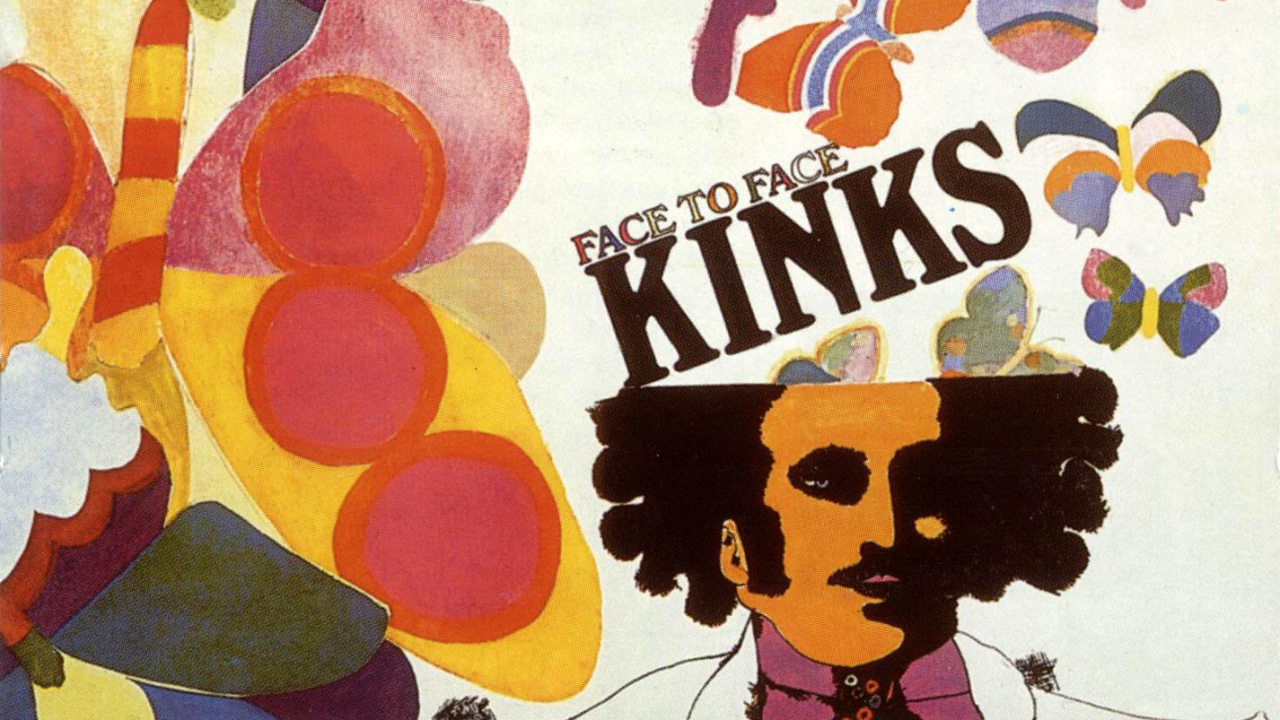The Kinks – Face To Face (Pye, 1966)
The Kinks were never particularly renowned or revered as an albums band. Moreover, they were celebrated as a singles act, penning such protopunk, pre-cursor to hard rock anthems like You Really Got Me or All Day And All Night, and classic pop hits such as Waterloo Sunset or Lola - songs that perfectly encapsulated and defined the Swinging Sixties. But an album like _Face To Face _(their fourth studio release) still stands up as one of the most fully realised and masterfully executed collection of pop songs of the decade.
Perhaps their records from this period aren’t as celebrated as contemporary releases by their peers in The Beatles and The Rolling Stones, because The Kinks were just so quintessentially English. They sang about English society and class structure (most notably on Rosie Won’t You Please Come Home, which explores the effects of British class separation on domestic harmony) and those topics were never going to travel as internationally freely as universal themes such I Want To Hold Your Hand or Let’s Spend The Night Together.
But Ray Davies was a better storyteller than Paul McCartney, John Lennon, Keith Richards or Mick Jagger would ever be, and the characters and imagery he creates on Face To Face are as evocative today as they were fifty years, if not even more so – to put the record on now is to be transported back to a time when hipsters were referred to as Dandy, and flower power not the “selfie” was the prevalent culture.
Face To Face is also notable for being one of the first rock ‘n’ roll concept albums, with Ray Davies’ sociological observations forming the thematic thread linking the songs together. The band were growing and developing musically too; moving further away from the primitive garage rock that put them on the map, towards a more subtle and sophisticated sound that would define what would later go on to be referred to as the band’s golden era.
The record marks a key turning point in the band’s career, and is filled with wonderful musical flourishes, from the surf rock Hawaiian guitars on Holiday In Waikiki, to the magnificent harpsichord on Session Man and the Eastern influence on Fancy. And then there’s Sunny Afternoon – another psychedelic slice of pop perfection and a UK number one hit for The Kinks.
As with Brian Wilson, it sadly took a nervous breakdown just before this album’s recording session to fully unleash the true potential and songwriting genius of Ray Davies, but thankfully he (also like Wilson) managed to turn his torment and anxieties into some of the most expressive and brilliant art ever made.

